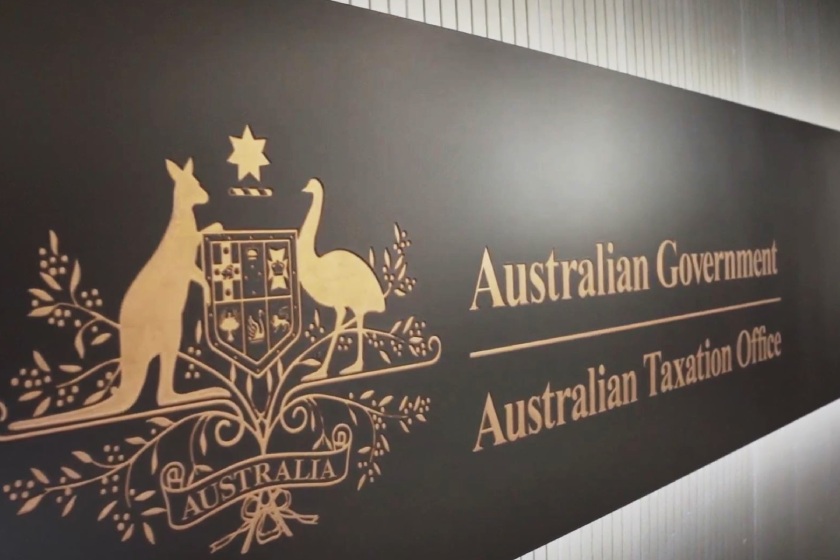Equipping professional accountants for sustainability
The International Federation of Accountants has developed a concise resource to guide accounting professionals and...
READ MORE
A crucial meeting between the tax office and professional associations fails to resolve key points of difference about the complex six-step process.

The first meeting between the ATO and tax professional bodies over the impending agent linking regime broke up without agreement and the office stuck to its guns, one attendee said.
CA ANZ tax leader Michael Croker said the ATO remained committed to the process although it agreed to consider concerns about the extra burden it placed on agents when they onboard clients.
He said CA ANZ stressed the need for the ATO to be more transparent with the tax agent community about the cyber security issues which had prompted the change.
Elinor Kasapidis of CPA Australia said it supported efforts to crack down on fraud and stop identity theft but the measure was poorly focused.
“Tax agents are trusted partners of small businesses and most fraud has nothing to do with tax agents. Fraud is a wide-ranging issue that needs a broader solution. We need an efficient and modern solution.”
She said the ATO was “imposing a significant change” that meant an additional burden on small business.
The multi-step process involves signing up for myGovID, linking an ABN, then the using the ATO’s Online Services for Business to locate and nominate the selected tax agent, who has seven days to acknowledge the request.
“This new process forces businesses to do extra work to be permanently set up on ATO and government systems,” Ms Kasapidis said. “They then need to appoint their agent digitally.
“Previously, the tax agent handled all of this for them. Small businesses don't want to be taking on this extra work.
“The last thing small businesses need right now is to be wrangling with new ATO systems and processes simply to get help with their tax affairs."
Mr Croker said some tax and BAS agents would “review their costs in on-boarding new clients and consider raising ‘establishment fees’ to recover the cost of work performed for those clients unfamiliar with the ATO’s online services for businesses and individuals”.
Matthew Addison, executive director of the Institute of Certified Bookkeepers, said there was some progress but more discussions would be needed.
“It was a fairly full and frank, open dialogue between the ATO representatives and ourselves. We all acknowledge the problem. So we all see the risks that exist,” he said.
“We just need to find the practical mechanisms to achieve the outcome in a way that's going to work for the smallest of businesses.
“I am still concerned with the practical implementation of what has currently been implemented for the top end of town. We are really concerned at how that will impact the smaller end of town, especially those that are less computer-literate and less internet savvy.”
Tony Greco of the IPA said the system had not been changed for decades and everyone agreed it needed an upgrade.
“It’s the ‘how’ that’s up for debate. Obviously we don’t want something that’s going to put people through the wringer.”
Mr Croker said one practical suggestion was for the ATO “to provide agents with easy-to-understand, step-by-step resources which agents could share with those clients needing to verify online the appointment of an agent”.
“But as has recently been demonstrated by the implementation of director ID, some clients will still need one-to-one help from their adviser.”
Mr Addison said the ATO had promised to contemplate the feedback it had received and he hoped to have a follow-up meeting “within a couple of weeks”.
The meeting took in CA ANZ, CPA Australia, IPA, ICB, the Australian Bookkeepers Association, National Tax & Accountants’ Association and the Tax Institute.